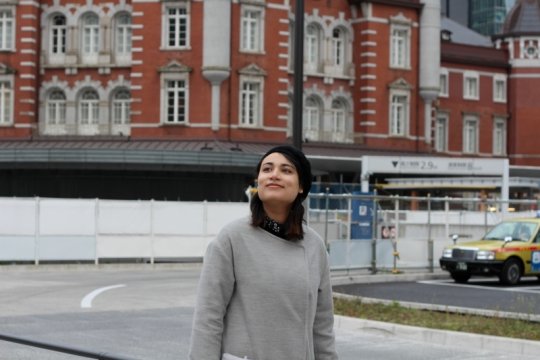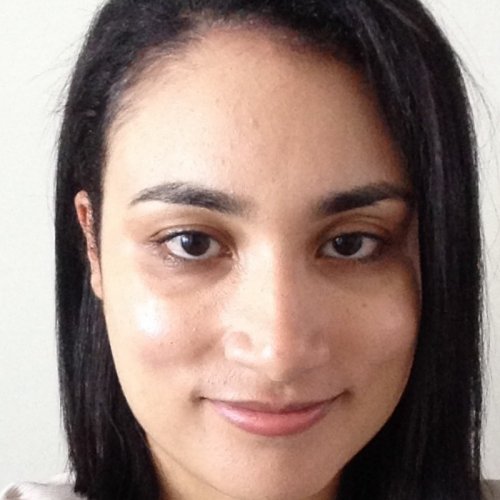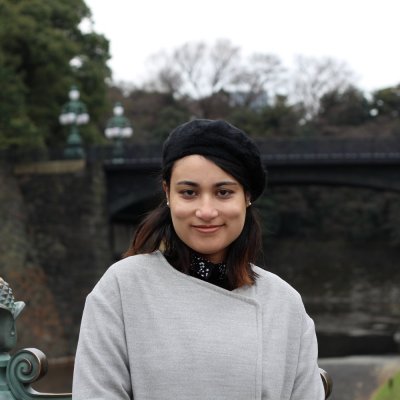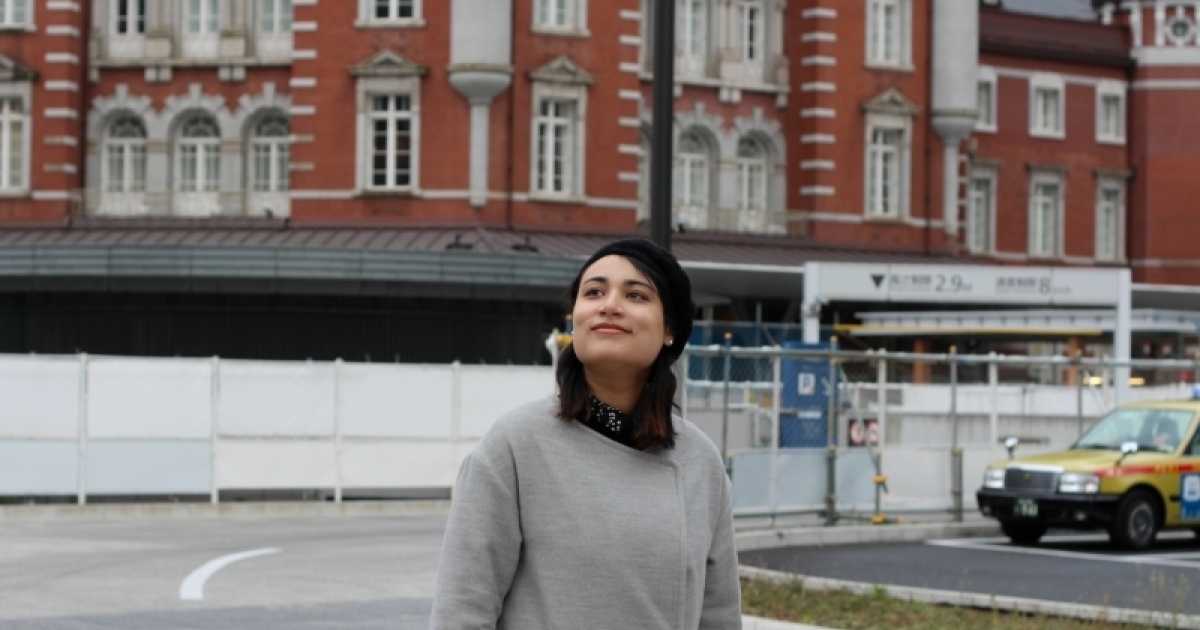“The Insight of a Mentor Is of Tremendous Help”
Meriam Ben hamza is from Casablanca, Morocco. She holds a BA in finance and Accounting and a Master in Financial Communication from the Università Della Svizzera italiana (USI) in Lugano, Switzerland and is currently the Financial Policy Editor at a policy platform. Her areas of interests are various but she most looks forward to the evolution of the social role of financial institutions as well as the development of impact investing, as she feels strongly about social entrepreneurship. As of late, she has been working on a platform to create synergies in the african social entrepreneurship scene.
Q: Tell us a few things about your country, and also your life's story!
A: I am a Finance and Communication major who always had a fascination for the role finance could play in balancing inequalities (or rather, unfairness) if it is also used to create impact instead of just wealth, hence my passion for social entrepreneurship. I also speak three languages fluently (English, French and Italian) aside from Arabic, my mother tongue, and have lived and worked on three continents.
I am from Morocco, a country with amazing cultural depth, a long history of tolerance and the place where the oldest modern human remains have been found.
I always said that one of the best assets in my country is its diversity. It is a country that Arabs, Berbers and West Africans all call home, and you can clearly tell its richness through the simplest things, like its cuisine, held in high regard all over the world.
Q: What is your view of the world as it is today? And how do you define the concept of a better world?
A: My vision of the world is that it moves at two speeds, one for the industrialized world and one for the developing countries, with my region and continent lagging far behind. Until recently, I thought that the issue I had with this state of things was inequality and that solving that hurdle would be the solution to all our woes, but I was mistaken. The real problem is unfairness. Because let’s face it, inequality does not always mean unfairness, besides, who would want to work and put in the effort in a world of total equality? It leans on the utopian side, and not even the good part to be honest. It is only ‘fair’ to reward people who do ‘more’ with ‘more’. Everyone would prefer fair equality to un unfair equality. In my perspective, instead of concentrating on the gap between the have and the have-nots, we should lean more toward helping the people that are unable to improve their situation because of unfair circumstances, such as background, race, sexuality, gender, and the list goes on.
So for me, a better world is a world where everyone is able and is given the means, to live a decent life.
Q: As a woman what are a few of the hurdles that you had to overcome up until today?
A: I was lucky to have parents that had high ambitions for me, so I was almost never thwarted in my professional plans. However, I had to do it all on their terms, which means that they imposed certain limitations on me that they would not have enforced if I was a boy. So it took way longer to do certain things than it would have taken me normally.
As for the outside world, one of the greatest problems I have encountered until now is the problem our men counterparts have with our presence in the public space. Though the hostility lessened these last years, as more and more women join the job market. As of late, 25% of households are supported by a sole female in Morocco.
Q: Why is the role of a mentor important for you?
A: It is important for me because I am at a place in my life where I need to make big decisions, so the insight of a mentor is of tremendous help. It is not every day that one gets to bounce ideas off high achieving individuals whose flair and know-how are top-notch. The knowledge gained during such exchanges is maybe not as priceless as the human connections that are forged during that period, but it is a close second.
Q: Do you have a lesson that life has taught you and you would like to share?
A: I do have a piece of advice, but it mainly concerns the professional life.
Just go for it. Act. Deliberating forever is not going to earn you anything and to regret doing is better than to regret not doing.

Q: Name a project, a foundation or a person in your country that you think is doing great work in helping improve other people's lives!
A: Aicha Chenna
Q: What are some of the challenges that women in your country face and what efforts are made towards gender equality?
A: As I said before, women are still regarded as an intruder on the public spaces, and treated as such. Although we saw the birth of law to fight sexual harassment on the streets, its enforcement is another matter altogether. Still, things have changed. The existence, and access, to social networks and smartphones led to the creation of a debate space, something that the country lacked at a time. Also, only fifty years ago, the majority of women in my country married young and had no hope to go to school or the chance to work and be independent. Morocco has gone a long way and that gives us hope for the future.
Q: Athena40 is the first ever global selection of the top 40 women forward thinkers, commentators, activists, authors, academics, entrepreneurs, executives, innovators. Can you think of a truly innovative and forward-thinking woman from your country that you wish to nominate for the Athena40 global list?
A: Doctor Asma Lamrabet
Q: Share with us a phrase, a poem or a story that you love or you find interesting!
A: There is a phrase that I really came to appreciate recently, a quote by Friedrich Nietzsche: “The surest way to corrupt a youth is to instruct him to hold in higher esteem those who think alike than those who think differently”
Q: Tell us one thing that you have learned from your mentor.
A: I learned a lot from my mentor, but the most precious lesson of all is that I must not be discouraged if I seem to derail from the road I had imagined for myself. Sometimes the shortest course is not actually the best one.




